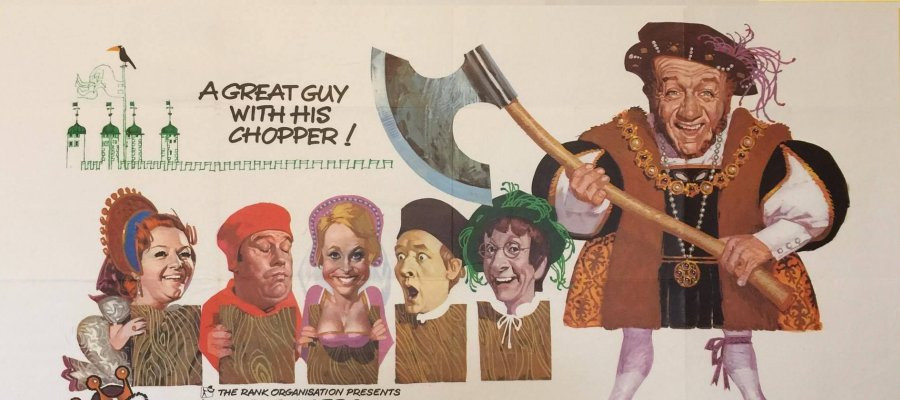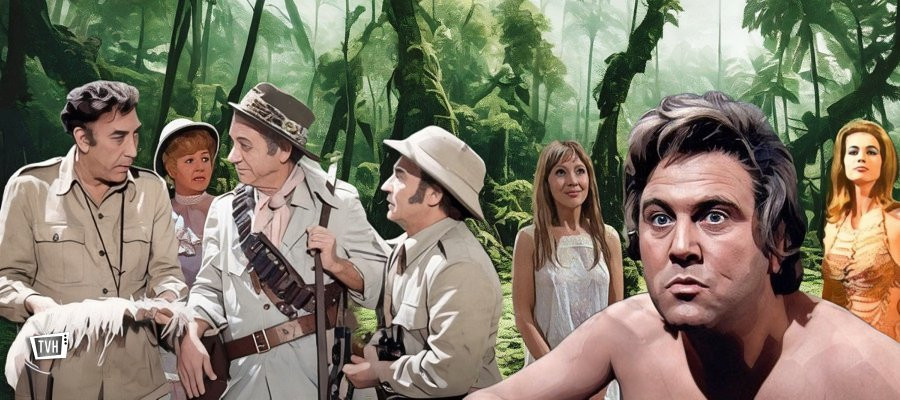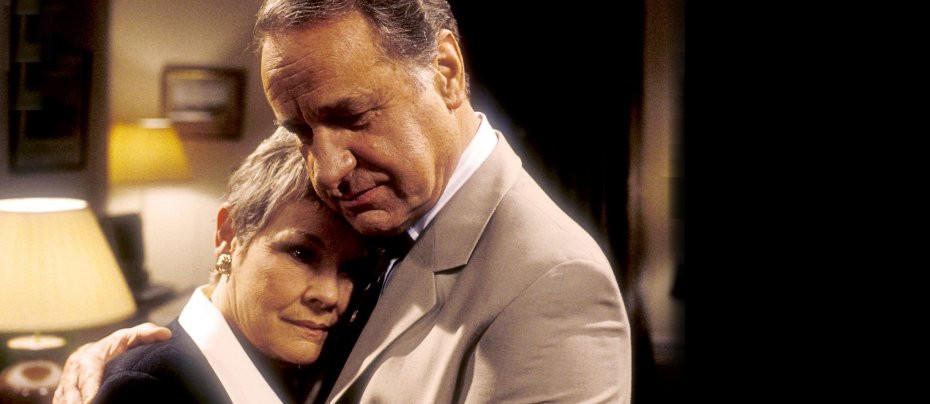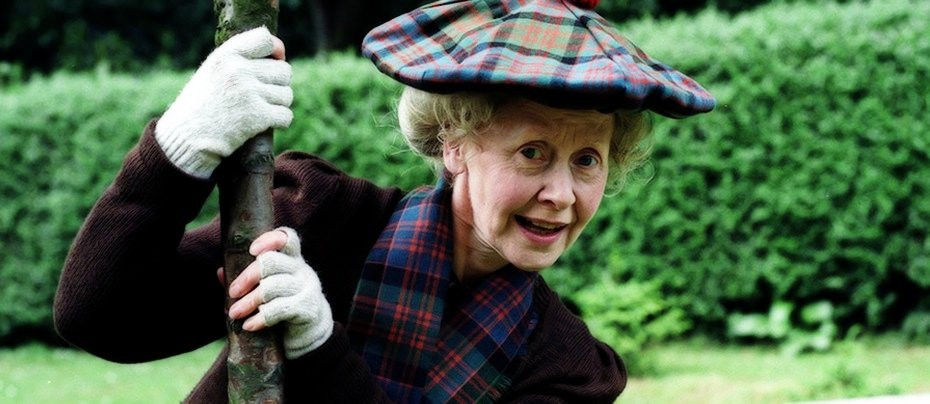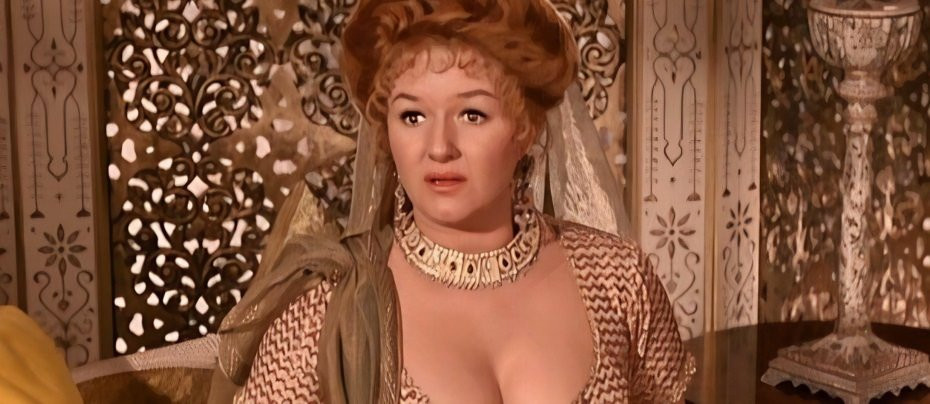
Joan Sims
Remembered by Laurence Marcus
One of British cinema’s most beloved and enduring stars, the remarkable Joan Sims, whose career spanned five decades, left a lasting legacy in both film and television. Known for her impeccable comic timing, endearing performances, and versatile character portrayals, Joan became a household name through her frequent appearances in the Carry On series, where she created some of the most memorable and iconic roles in British comedy.
Born on 9 May 1930, in Laindon, Essex, Irene Joan Marion Sims was the daughter of John Sims, the Station Master at Laindon Railway Station, and his wife Gladys. Her early life seemed far removed from the glitzy world of show business. However, she developed a passion for acting at an early age and was determined to pursue a career in the arts. In 1946, she auditioned for RADA but was unsuccessful, but she was determined to pursue her ambition, and she was given a place at her fourth attempt. After graduating in 1950, Joan, like many of her contemporaries, went into Rep and performed in the 1951 pantomime The Happy Ha'penny, opposite Stanley Baxter at the Citizen's Theatre in Glasgow, eventually arriving in the West End, appearing in Intimacy at 8.30 at the Criterion Theatre.
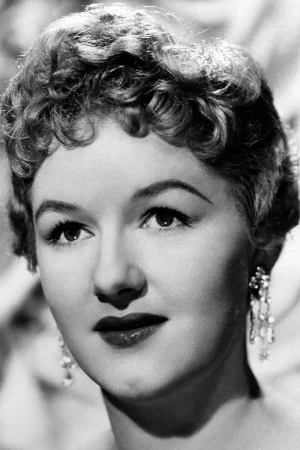
Joan made her television debut as a parlourmaid in a 1951 BBC production for children titled John of the Fair, an adventure of the English fairgrounds of 1812. Among the cast was Esma Cannon and the two actresses would cross paths again several times in films throughout the 1960s. For a while, Joan juggled with three jobs at the same time, working as an Assistant Stage Manager and appearing in two plays, one of which starred future Carry On stalwart Hattie Jacques.
In 1953, Joan landed her first regular television role as Marjorie Dawson, the secretary to Boris Karloff's titular character in Colonel March of Scotland Yard and around that time she began what was to prove to be a prolific film career. She appeared in the Norman Wisdom film Trouble in Store and became a regular in the Doctor film series beginning with Doctor in the House in 1954. She played the schoolteacher Miss Dawn in The Belles of St. Trinian's. Her comedic presence was immediately apparent, and the film’s success would lead to more opportunities. The St. Trinian’s series, known for its anarchic humour and eccentric characters, would later become one of the many successful film franchises of British cinema, but it was her involvement with the Carry On films that truly cemented her place in the public's heart.
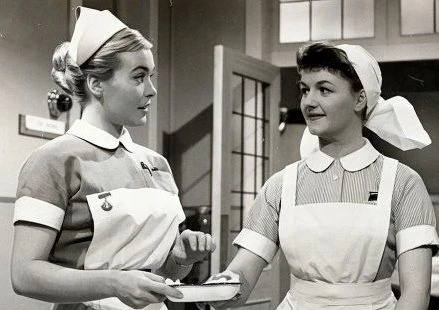
The Carry On films, a beloved series of British comedies that began in 1958 with Carry On Sergeant, became a cultural institution, and Joan was a central figure throughout much of the franchise. From her first appearance in Carry On Nurse in 1959, Joan became synonymous with the series, playing a variety of roles that showcased her flair for comedic timing, charm, and the ability to embody all character traits, from the gawky Stella Dawson (Nurse), to the independent Belle Armitage in Carry On Cowboy, and from the steely Lady Ruff-Diamond, (giving Sid James more than a run for his money as the film's star) in Carry On Up the Khyber, to the saucy Lady Evelyn Bagley in Carry On Up the Jungle.
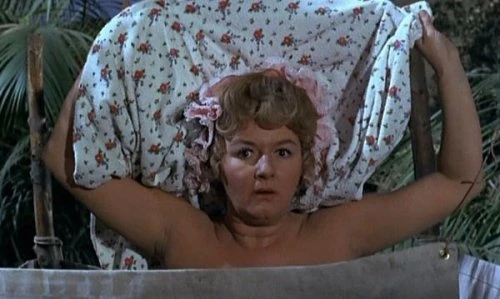
Joan often expressed the opinion that the Carry On films were the most fun she'd ever had on a film set. She considered all the Carry On regulars to be her friends, "practically family" she would say. "We laughed and laughed and laughed from morning to night." Her contributions to the Carry On series, spanning 25 films, were far more than just comedic performances; she brought a humanity to the characters she portrayed. Whether playing the straight-laced foil to the more overtly ridiculous characters or getting in on the slapstick action, Joan’s ability to find depth in what might otherwise have been one-dimensional roles elevated the films. Her ability to work alongside other legendary Carry On actors, like Sid James, Hattie Jacques, Kenneth Williams, and Barbara Windsor, helped define the series and provided a sense of ensemble chemistry that audiences adored.
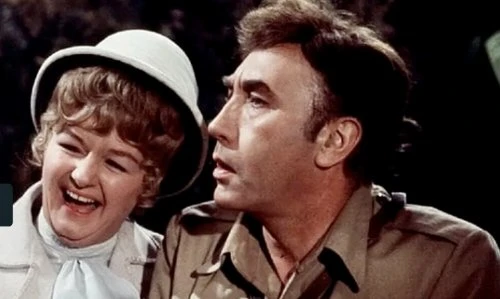
While Joan is most closely associated with the Carry On franchise, her career was far broader, appearing in over 200 film and television productions easily switching between comedy and drama. She appeared as Gran in the sitcom Till Death Us Do Part and as two dramatic figures in Ladykillers. She was Miss Murgatroyd in Agatha Christie's Miss Marple, appeared as Queen Katryca in the Doctor Who story The Mysterious Planet (the first part of The Trial of a Time Lord), and was Mrs. Wembley ("Just the one") in the underrated but excellent On the Up, starring Dennis Waterman and Sam Kelly.
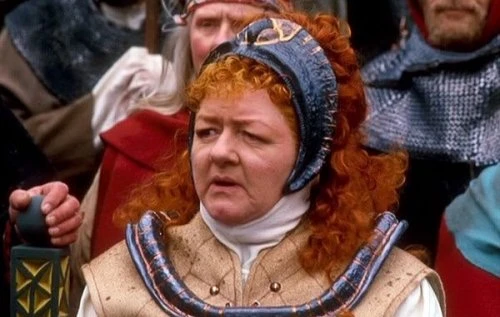
Outside of her professional life, Joan was known for her warmth and down-to-earth personality. Despite her long and successful career, she remained humble and approachable, gaining the affection of fans and fellow actors alike. Joan never married ("I never married because the right person never came along... I leave others to seek for darker explanations. For me it's extremely simple!"), and she was notoriously private about her personal life, only revealing more when she published her autobiography, High Spirits, in 2000, otherwise she let her work speak for itself. Her devotion to her craft and her love for the theatre were always at the forefront of her career.
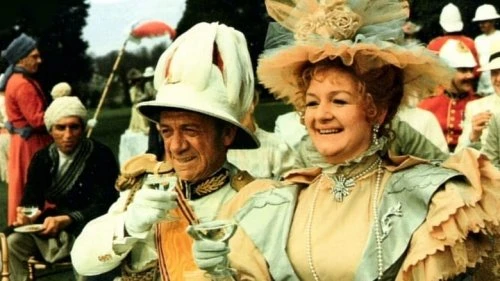
Joan Sims passed away on 27 June 2001, at the age of 71, from liver failure and diverticulitis, with diabetes and COPD cited as contributory factors. She left behind a vast body of work that continues to be celebrated. Her performances, particularly in the Carry On films, remain a central part of British pop culture. She will forever be remembered as one of Britain’s finest and most beloved comic actresses, whose infectious energy, wit, and charm delighted audiences for generations. Joan Sims may have left us, but her legacy lives on through her timeless performances, which will continue to make audiences laugh for many years to come.
Published on March 26th, 2025. Written by Laurence Marcus for Television Heaven.


